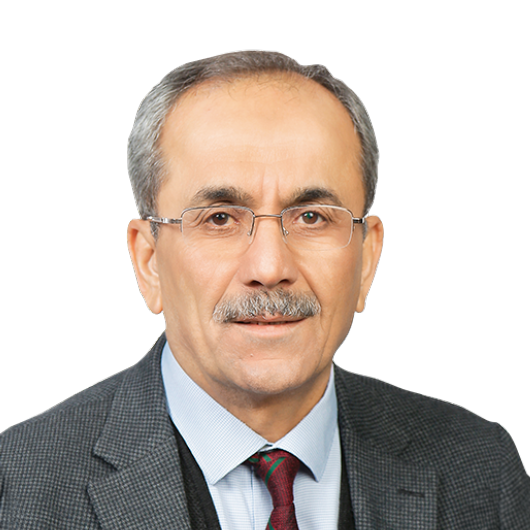Refik Halit Karay, a renowned Turkish author, did not believe that the country’s War of Independence would result in victory, which is why he wrote against it. The author, who has one of the strongest pens in Turkish literature, lived his life in exile for a long time even though he did not directly oppose the War of Independence. He had made a choice because he believed the Turkish people might be harmed. However, turbulent times led diverse personalities to be put in the same basket; no attention was paid to the details. However, during these years he spent within the borders of the old Syrian province, the author established contact with Ankara and became involved in the fight against the French mandate government. In fact, according to deceased scholar Şerif Aktay, Karay made contact with Turkish youngsters from Hatay and joined organized operations as well. One of the themes reflected in Turkish literature during the period leading up from the Ottoman Empire to the establishment of the national state was migrations to Anatolia. But Hasan, the hero in Karay’s story titled “Eskici” (Junkman), goes to Palestine. This is a very important discrepancy, and it takes on meaning with Karay’s struggle in Syria.
It is a known fact that there were other important figures like Karay who also chose not to support the War of Independence. Some of them did not hesitate in the later periods to establish relations in this direction. Institutional changes such as the caliphate issue serve as a legitimizer for the opposition. While there were those who took to the opposition with quite plausible reasons, there were also many who used the decisions taken under the tough conditions of the time as a veil. In Syria, where Karay strived against the French mandate government, new alliances were established that even impacted the present. The same situation – and in fact more so– applied to Iraq, which was under the British mandate government.
Our region was being reshaped in the 1930s, with relations established that still have an impact on the current period. In Karay’s story “Junkman,” Israel was being established under the auspices of the British in Palestine, where Hasan lived. The ideology that was invented in order to legitimize the new colonialist venture and have vast masses in tow was Zionism. This new ideology, which was presented to the service of Western colonialism, dragged vast masses behind it, from Eastern Europe to Western Europe and to the U.S. Hasan had to keep our region strong against the colonialist ideology of such an expansive region.
As the dominant powers, the French and the British formed relationship networks that would have a deep impact on our region. The intellectual foundation of the anti-Turkey sentiment in the Arab world was also laid during this period. It was not difficult to get the minorities and the elite class educated at foreign schools to adopt an anti-Ottoman and anti-Turkey discourse. The masses no longer mattered. This was followed by staggering interventions targeting religion, one after the other, in order to transform those vast masses as well.
It should not be forgotten that the predominant Islamic understanding in Turkey in the 1930s was built on the foundations of the Sırat-ı Müstakim magazine. When imam-hatip high schools (vocational high schools that follow a religion-focused curriculum) reopened, the works and ideologies of the founding generations that continued to carry out their activities around the same magazine built an administration specific to these lands. We are aware that the words “national” and “local” are undermined, but it is also a fact that towards the end of the 1960s, the non-national structures which were empowered through the relations they established with Iraq, intervened in the Presidency of Religious Affairs. More explicitly, today’s non-national structures have also been gaining power since the 1970s.
Ever since the moment Turkey started to heal and recover the whole region as well as itself, the structures exploiting religion also rose in protest. Even foreign newspaper and magazines highlight that the conservative opposition is striving with great ambition to wear out the local and national base. This thus shows that the events we encounter cannot be evaluated with everyday perceptions. We must re-evaluate the relations established in our region and the different structures that have been shaped again and again since the era of the War of Independence. The same groups continue to exist.
Though we abandoned Karay to face his fate alone, his heritage does not cease to follow us. Making a choice is becoming an obligation for us all. Turkey is right in the middle of the great global changes that have been ongoing for almost the last decade. Turkey established an extremely strong orbit during this period. We can understand in a way why colonialist states like France show this as the love of imperialism and undermine it – because it affects them. But this country’s children cannot view and see themselves the way they do.




















